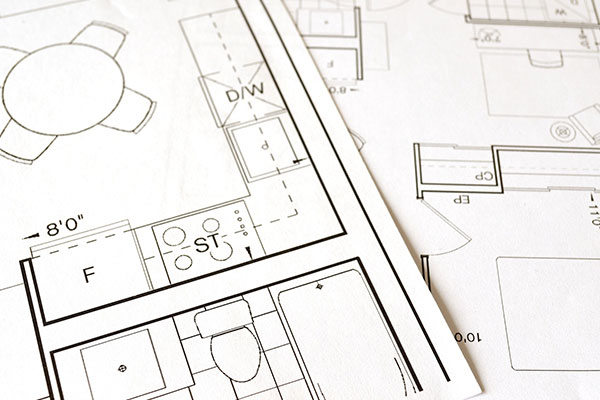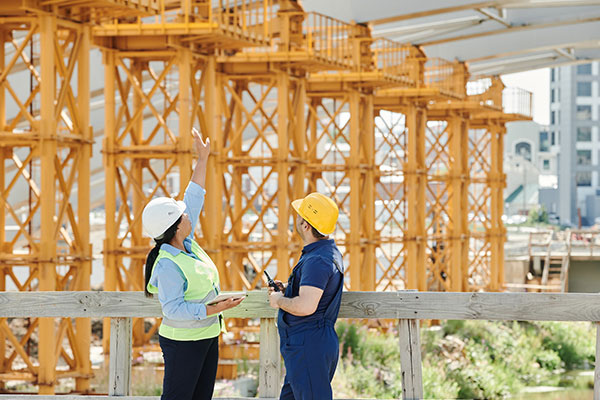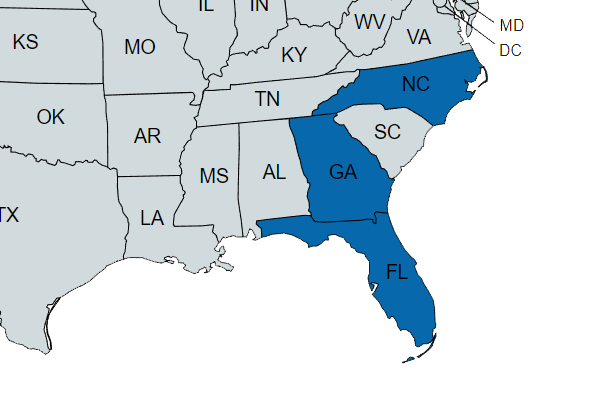At HEC Construction Solutions, our vision is to lead the multi-family, municipal, and commercial construction industry with honesty and integrity, and where quality, efficiency, and respect are never sacrificed. Our mission as a Winder, GA based construction company is to build memorable projects efficiently and whose quality is unmatched by combining traditional and state-of-the-art construction methods; to make a positive impact in our community; and to create long-lasting relationships with our employees, clients, subcontractors, and vendors through respect and integrity. To accomplish this, we utilize the design-build method coupled with the construction management approach to ensure the project is completed successfully, on time, within budget, and in accordance with the project specifications and quality standards.

The design-build method of construction is a project delivery approach when we are responsible for both the design and construction of a project. This is in contrast to the traditional design-bid-build method, where the design and construction are separate contracts with different entities. In the design-build method, the design-build team is responsible for managing all aspects of the project, from initial design and planning through to construction and final completion. This allows for a more integrated and streamlined process, as the design-build team works together to optimize the project’s schedule, budget, and quality.
There are several benefits to using the design-build method in construction projects. These can include:
The design-build team is accountable for the entire project, including both the design and construction phases. This can help reduce conflicts and finger-pointing between different parties, as the design-build team works collaboratively towards a common goal.
Since the design and construction phases can proceed concurrently, the overall project schedule can be compressed, potentially resulting in faster project delivery compared to the sequential design-bid-build method.
The design-build team is responsible for managing the budget for the entire project, including design, materials, and construction costs. This can allow for better cost control and value engineering throughout the project.
The close collaboration between the design and construction teams in the design-build method can lead to improved communication, coordination, and problem-solving, which can help reduce errors and delays during construction.
The design-build method encourages innovation and creativity, as the design-build team can work together to find unique and efficient solutions for the project’s challenges, resulting in potentially better project outcomes.

Construction management services play a critical role in ensuring the successful execution of construction projects by providing professional expertise, oversight, and coordination to meet project goals, budgets, timelines, and quality standards. The responsibilities of this approach encompass a wide range of tasks and responsibilities.
Construction managers work closely with clients, architects, engineers, and other stakeholders to establish project goals, develop project plans, create budgets, and define timelines. They also assist with obtaining necessary permits and approvals.
Construction managers help with procurement of materials, equipment, and subcontractors, and manage contracts with various vendors and subcontractors to ensure they are executed properly and meet project requirements.
Construction managers oversee the construction process on-site, ensuring that work is being carried out as per the plans, specifications, and quality standards. They manage and coordinate subcontractors, monitor progress, and conduct inspections to ensure compliance with building codes and safety regulations.
Construction managers track project costs, analyze budget performance, and provide cost control measures to keep the project within budget. They also provide financial reporting to clients and stakeholders.
Construction managers develop and maintain project schedules, track progress, and manage delays or changes to ensure that the project is completed on time.
Construction managers ensure that construction work meets quality standards and specifications, and they conduct inspections and tests to verify compliance with project requirements.
Construction managers identify and mitigate potential risks and issues that may arise during construction, such as safety hazards, changes in scope, or unforeseen site conditions.
Construction managers facilitate communication among project stakeholders, including clients, contractors, architects, and subcontractors. They also maintain project documentation, including contracts, permits, reports, and project records.
Licensed in the following states:
- Georgia
- Florida
- North Carolina


